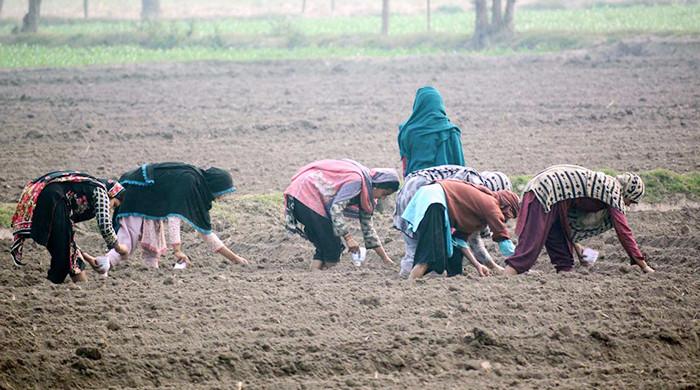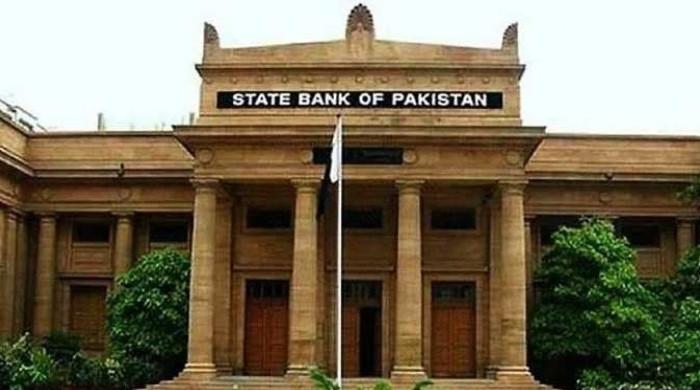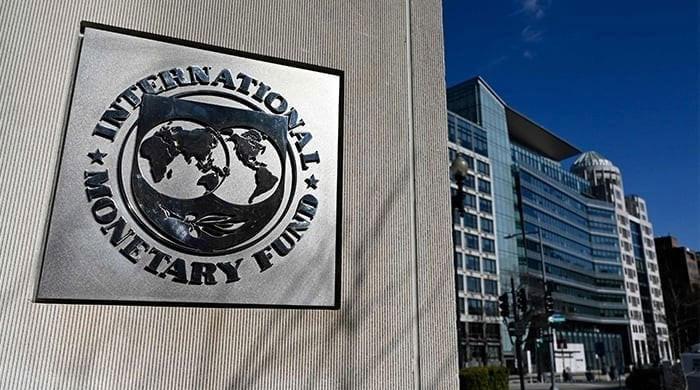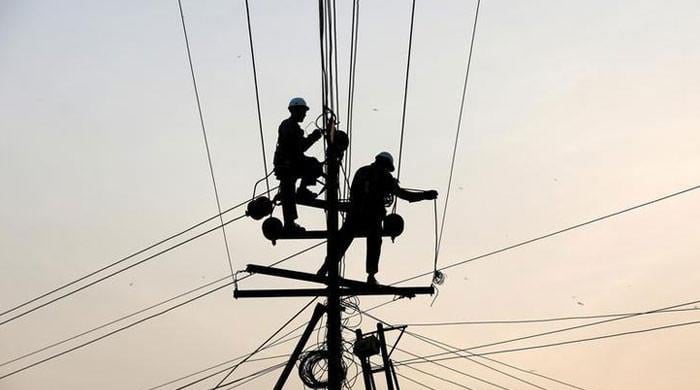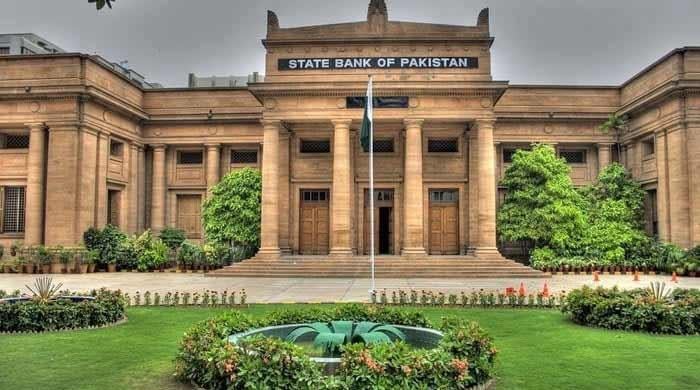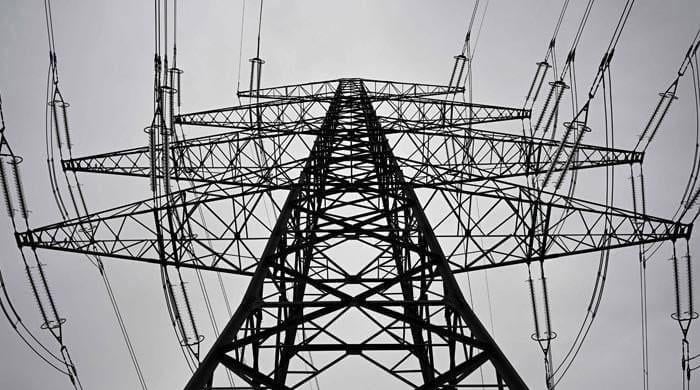Govt's super tax: Analysts see slight impact on corporate earnings
Analysts are mixed on the imposition of an extra 10 per cent super tax as the optimists don’t see a huge impact
June 25, 2022
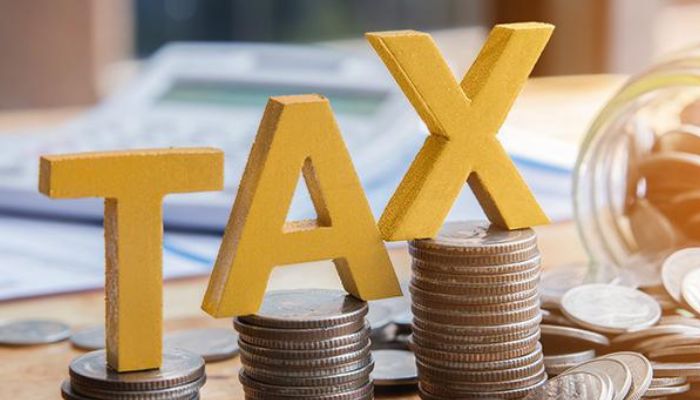
KARACHI: Analysts are mixed on the imposition of an extra 10 per cent super tax as optimists don’t see a huge impact of this one-time levy on the earnings of listed companies, while doomsayers are likening the move to the economic death of corporations, The News reported.
"This will negatively impact the earnings of these big companies by 14 per cent in 2022. No impact on future profits as the finance minister mentioned that this one-time super tax will impact only 2022 earnings of above-mentioned sectors/companies," Topline Securities said in its reaction to this development.
"Though this move will affect companies’ profits for the current year, we believe that the valuation is still attractive. We think currency and macro stability after the IMF deal will provide the much-needed support to the local bourse."
The brokerage firm further said this measure could result in additional tax collection of Rs250-300 billion, which might help the government achieve the revenue and deficit target set by the IMF.
The government is likely to revise the tax revenue target upwards to Rs7.4 trillion from the initial target set of Rs7 trillion for FY2023.
Industries that are to be taxed at 10 per cent for one year include: cement, steel, sugar, oil and gas exploration, oil refining, oil marketing, pharmaceuticals, fertilisers, textiles, automobiles, tobacco, beverages, packaged milk, juices, chemicals, airlines, and LNG terminals.
As a result, the total levy will rise to 39 per cent.
With the country’s forex reserves down at $8 billion, the IMF's ‘nod’ appears to be a non-negotiable and urgent priority for the government.
"In lieu of the same, Prime Minister Shehbaz Sharif has announced the imposition of an additional super tax, also dubbed as the 'poverty alleviation tax', on large corporations, so as to augment tax collection," said Arif Habib Research.
They said that for CY22 (the tax year 2023), banks will be taxed at a corporate tax rate of 45 per cent, alongside a tax charge of 4 per cent i.e., poverty alleviation, to be levied on the CY21 profit before tax, since banks are not included in the list above.
"Clarity will be reached post Finance Act; however, if banks are taxed at the same quantum, this 4 per cent will be replaced by a 10 per cent super tax," it said.
Analyst Khurram Schehzad at Alpha Beta Core said there were many other steps that the government could have taken to boost revenue collection instead of imposing the extra tax on the corporate sector.
"With a 10 per cent super tax, Pakistan's corporate income tax with all other taxes included goes beyond 50 per cent!" he said. "Investor tax reaches beyond 55 per cent!"
He said that it was the highest not only in this region, but also in the world, and probably the highest in Pakistan's history also.
"Why can't we just cut salaries by 15 per cent and add a minimum tax on pensions of at least higher categories. Also, why can't we just cut Rs600 billion in half that the federal government needs to run its affairs? Why can't we just shut some of the SOEs to save losses if we are not getting taxes from them? Why can't we just tax the income of the retail sector rather than imposing a small fixed tax on them? Why can't we just tax doctors, architects, designers, beauticians, and independent practitioners? Why can't we simply put a 50 per cent tax on all income and wealth of parliamentarians, foreign and local, that were brought into this situation? "
Schehzad bombarded the government with these queries.
He said why couldn’t Pakistan just get away with overlapping ministries at the federal level?
"Why can't we shed all the protocol cars and their fuel and heavily cut all the allowances of the ministers as well as above 15-grade officers across the board? And why can't we just impose a heavy tax, say 50 per cent, on cigarettes to make it to 80 per cent as per the global standards?"
Schehzad also questioned the reduction in development expenditures.
"Why cut development expenditures because there is an issue of competence and corruption in that? Then why not correct that rather than cut development expenditures?" he asked.
Originally published in The News




